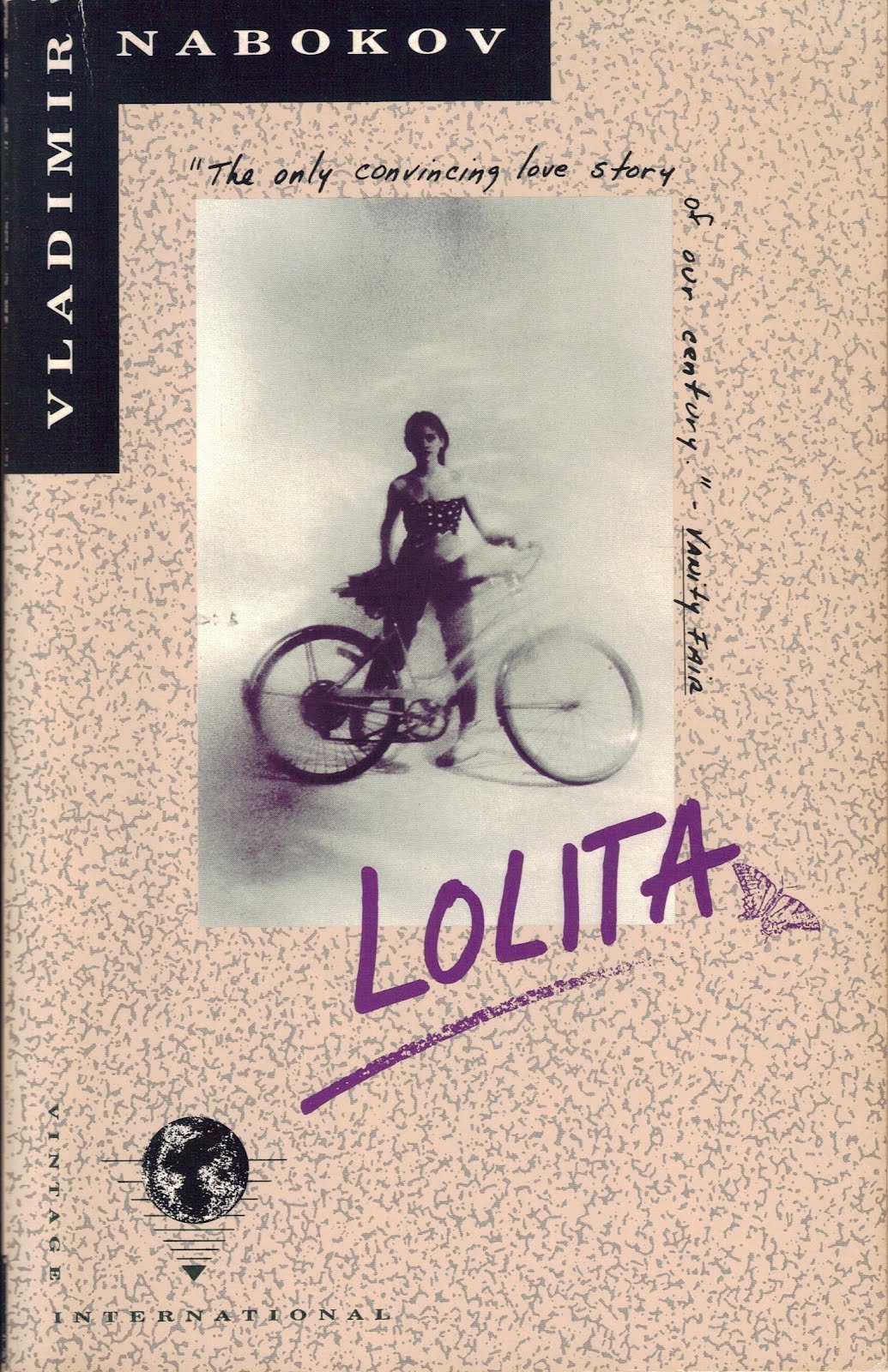


“I can only say that Humbert’s fate seems to me classically tragic, a most perfectly realized expression of the moral truth that Shakespeare summed up in the sonnet that begins, ‘The expense of spirit in a waste of shame/ Is lust in action’: right down to the detailed working out of Shakespeare’s adjectives, ‘perjur’d, murderous, bloody, full of blame.’ Humbert is the hero with the tragic flaw. Lolita stands up to it wonderfully well, though even its author has felt it necessary to contribute an epilogue on his intentions Is it shocking, is it pornographic, is it immoral? Is its reading to be undertaken not as a simple experience but as a conscious action which will place one on this, or that, side of a critical dividing line? What does the Watch and Ward Society say of it? What does Sartre, Graham Greene or Partisan Review? I mention this personal reaction only because Lolita is one of those occasional books which arrive swishing behind them a long tail of opinion and reputation which can knock the unwary reader off his feet. (This was the abbreviated version published in the Anchor Review last year.) The second time I read it, uncut, I thought it was one of the saddest.

“The first time I read Lolita I thought it was one of the funniest books I’d ever come on. Writing in the Spectator, Lucky Jim author and angry young man of mid-century British letters Kingsley Amis called it “bad as a work of art, and morally bad…a Charles Atlas muscle-man of language as opposed to the healthy and useful adult.”įor the most part, though, American critics saw the novel for what it was: a masterpiece. Lolita‘s place in the pantheon has been secure for decades now, but as you’ll see below, upon its initial release, some, like Prescott, were less than captivated by the monstrous machinations of Humbert Humbert. The shocking subject matter, gleefully punning unreliable narrator, and Nabokov’s spellbinding sentence-level prowess combined to create a book as repulsive as it was inviting-comic and horrific and utterly absorbing. A damning review from Orville Prescott in the New York Times (in which he famously called the novel “dull, dull, dull in a pretentious, florid and archly fatuous fashion”) failed to dampen the public’s enthusiasm. Lolita-the story of a verbose, middle-aged literature professor, sexually obsessed with pre-pubescent girls, and his perverse and destructive relationship with 12-year-old Dolores Haze-became a near-instant bestseller in the US, shifting over 100,000 copies in its first three weeks alone. Today marks the 62nd anniversary of the American publication of Vladimir Nabokov’s most controversial and iconic work.


 0 kommentar(er)
0 kommentar(er)
